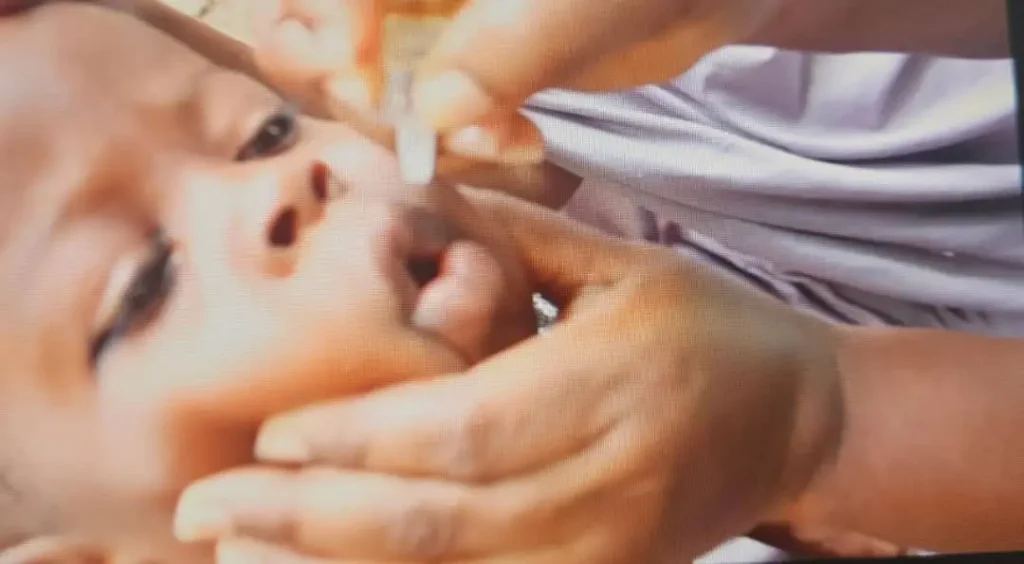Ghana’s fight against vaccine-preventable diseases has received a major boost following the Global Alliance for Vaccines and Immunization’s (GAVI) approval of the country’s application for the Hepatitis B birth dose vaccine.
The announcement, made by GAVI CEO Dr. Sania Nishtar, confirms that the vaccines will arrive in Ghana by September 2025.
The introduction of the Hepatitis B birth dose is expected to play a critical role in curbing mother-to-child transmission of the virus, a major health concern in Ghana where approximately 2.8 million people live with Hepatitis B, and 14,000 deaths are recorded annually due to the infection.
Dr. Nishtar, during a media briefing, praised Ghana’s longstanding commitment to immunization and reaffirmed GAVI’s continued partnership as the country prepares to expand its vaccine portfolio.
“The country has consistently maintained DBT one and DPT three coverage above ninety-five percent. You have introduced thirteen antigens into your routine programs. And I just heard you talk about the HPV multi age cohort launch that you look forward to the introduction of the Hepatitis B birth dose. Very pleased to let you know that our independent review committee has approved your application. And we really look forward to supporting you in the roll out of the two new vaccines in September this year,” she said.
Alongside the Hepatitis B birth dose, Ghana will also introduce the HPV vaccine, targeting the prevention of cervical cancer. Both vaccines mark a pivotal step forward in the nation’s broader strategy to eliminate vaccine-preventable illnesses while progressing toward financial independence in health sector funding.
Health Minister Kwabena Mintah Akandoh welcomed GAVI’s endorsement and underscored the significance of the new vaccines in strengthening Ghana’s public health system.
“We are particularly excited to introduce the two new vaccines later this year—the Hepatitis B birth dose and the HPV vaccine. These will help us tackle cervical cancer and chronic liver disease, and we are grateful to GAVI for your technical and financial support in making them possible. We recognize that GAVI’s support won’t last forever, and we welcome that—it’s a sign of national growth.
“The recent removal of the NHIL cap and the 13% increase in our 2025 health budget represent positive steps. We are also collaborating with the Ministry of Finance to secure earmarked budget lines for vaccines. However, we will need your continued support and advocacy to help ensure that these gains are sustainable,” Mr. Akandoh said.
Ghana has made substantial progress in vaccine delivery over the last two decades with GAVI’s support, including introducing multiple antigens, eliminating several childhood diseases, and improving access to vaccines in hard-to-reach communities.
As Ghana works toward a transition from GAVI aid by 2030, the rollout of the Hepatitis B and HPV vaccines signals a strong commitment to public health resilience and national ownership of immunization financing.


